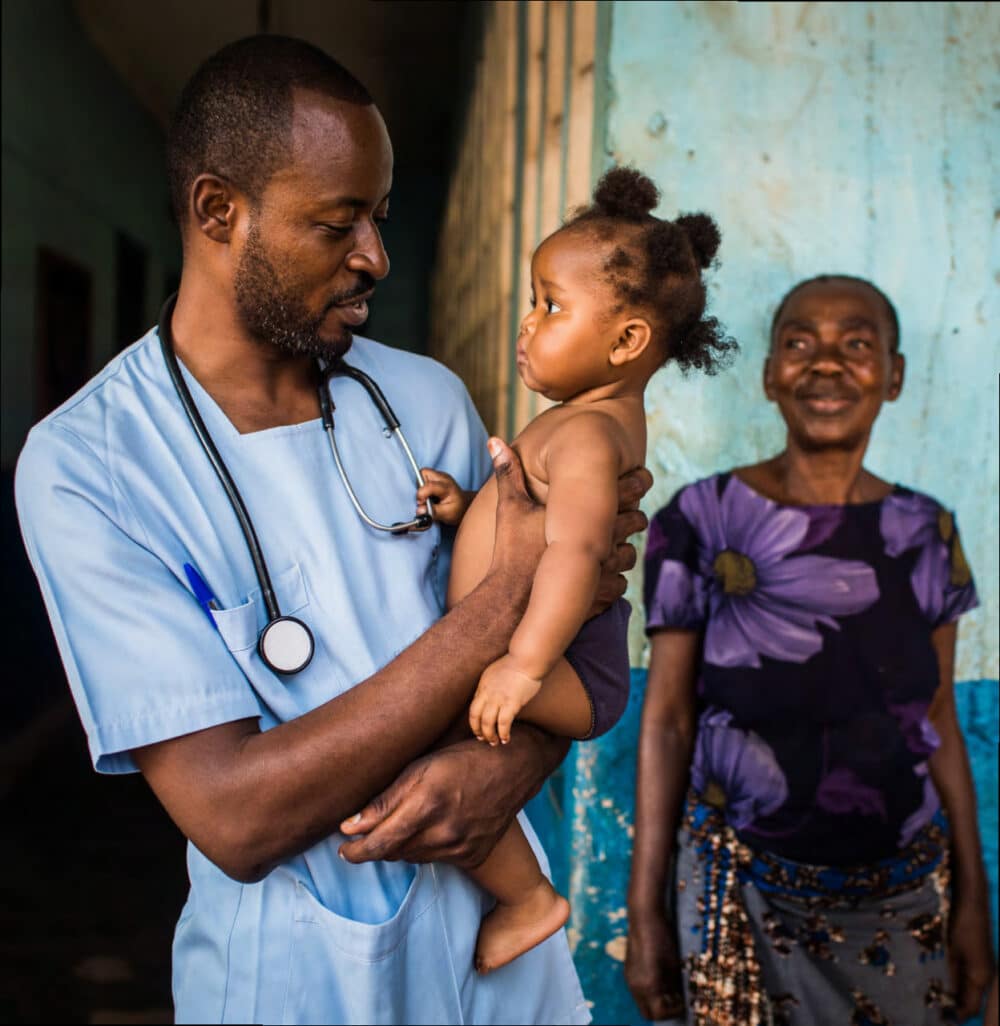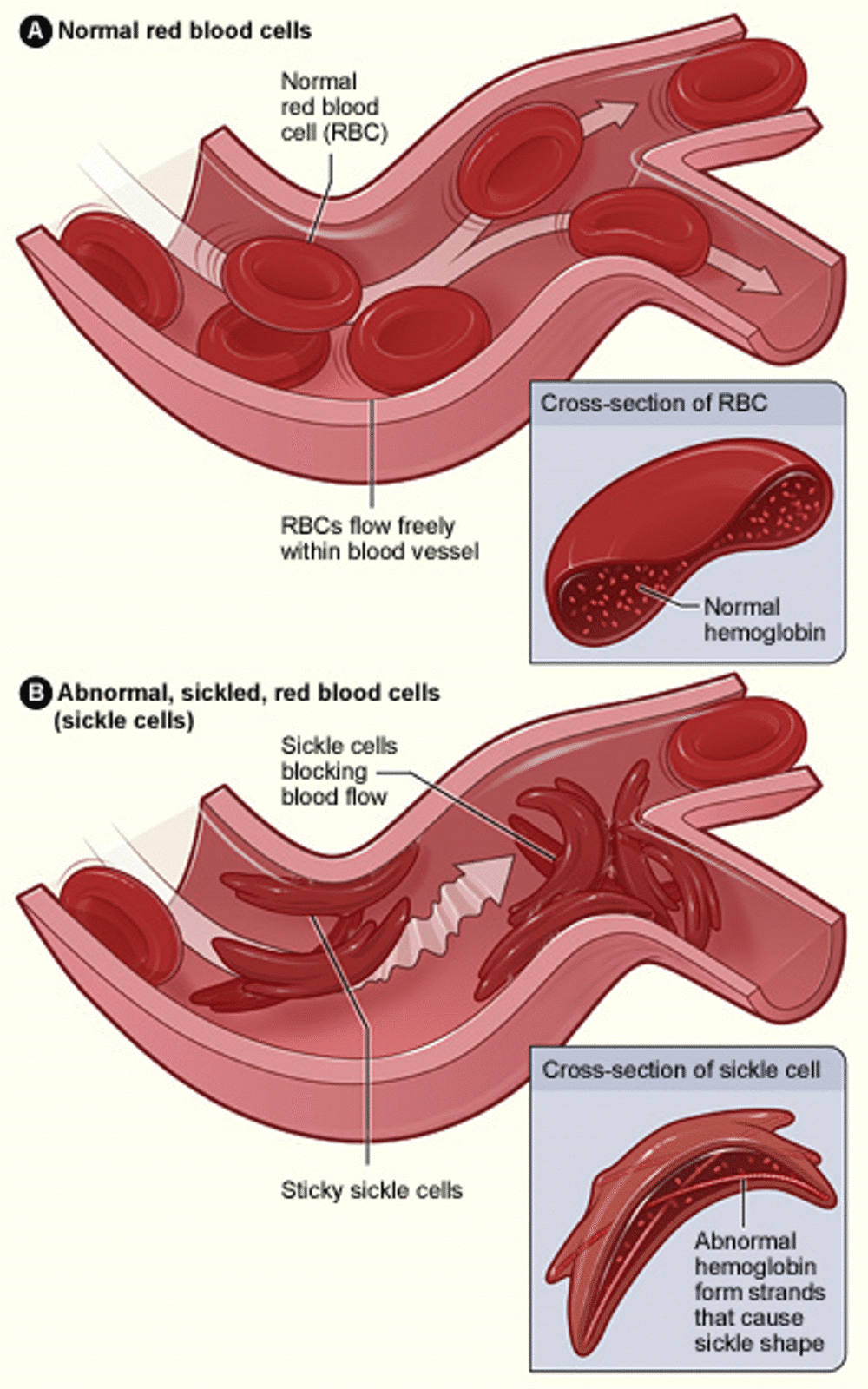A sickle cell patient, Bello Kehinde, opens up to TEMITOPE ADETUNJI about her inspiring journey living with the disease, the strength and resilience that carried her through the most challenging moments of her pregnancy, which helped her become the proud mother of twins
Can you tell us about your sickle cell anemia journey?
My name is Bello Kehinde Shakirat. I’m a 24-year-old lady from Osun State and currently into knitting and bead-making. I graduated from Ekiti State University in 2023 where I studied English Education.
I found out I had sickle cell at the age of 15. Living with the condition over the years has not been easy, but I thank God for the support I’ve received from my family. One of the major challenges I faced was that I had to miss classes while I was in school.
In my second year at the university, I missed an entire semester because I underwent hip replacement surgery at OAU Teaching Hospital. Since then, I’ve had to walk with a walking stick. That period was especially difficult for me. I almost had an extra year in school because of it. Things began to improve when I started regular check-ups at OAU Teaching Hospital. From that point, I began to feel better, and went for follow-up visits every three months.
You were born with sickle cell anemia and now you’re a mother of twins. How does it feel holding them in your arms?
I feel proud for not giving up on myself. It wasn’t easy, but I thank God for making it easy for me. I am so blessed to have those two beautiful humans as my children. I would say it runs in the family. My mum had twins three times. So, I wasn’t surprised. It felt amazing because I’ve always wanted to have twins myself.
Were you pregnant after graduation or when you were still in school?
I got pregnant after graduation and welcomed my babies about nine months ago.
Were there moments during your pregnancy when you feared for your life or the lives of your babies?
Yes, several times. I was scared because I was already thinking of how I was going to carry the pregnancy because of my leg. As I said earlier, I had a total hip replacement surgery on my left leg in 2021, and I still use a walking stick to this moment. So, when I found out it was twins, my soul left my body for that moment. But along the line, God came through for me.
What did the doctors say when they first found out you were carrying twins?
The first words that came out of my doctor’s mouth when they confirmed I was pregnant with twins were ‘high-risk pregnancy’. Those words alone were enough to scare the life out of me. He further explained that a sickle cell patient being pregnant comes with a lot of challenges, especially being pregnant with twins.
He said that I should understand that even women who are not sickle cell struggle with twin pregnancies, and that I would need close monitoring. But with God and proper health management, nothing is impossible.
People often believe women with sickle cell can’t have children safely, what do you want to say about that?
It’s not a lie, but when God is with you, He is with you. Looking at the challenges and the pain women face during pregnancy, one may say it is true that a sickle cell warrior won’t be able to conceive or deliver safely.
But that doesn’t mean it is impossible. I survived it, with the help of well-trained doctors who knew my case from the beginning, and most importantly, with the help of the Almighty God and the absolute support from my family.
So, it all goes back to getting the most accurate health support throughout your pregnancy journey and putting all your faith in God. Yes, pregnancy and safe delivery may be a tough journey for a sickle cell warrior, but coming from me, nothing is impossible.
Can you recall any day during your pregnancy when the pain was unbearable, but you still held on?
It wasn’t even a day, more like four days with unbearable pain. It started at night; I had a crisis with pain all over my body. At the time, I think I was seven months pregnant. I started crying in pain. So, I woke my parents up.
My dad had to rush me to a hospital in the middle of the night. Upon getting to the hospital, they admitted me and started giving me fluids. Because I was pregnant, they couldn’t give me the kind of medication and injections I needed for the pain as it would harm the babies.
So, they gave me a Paracetamol injection, hoping it would work a bit, but it didn’t, at least not for that night. I was crying and trying so hard to fight the pain all through the night. It was a long night. The following day, the pain subsided and was only in my chest. So, the chest pain was what I dealt with for the remaining three days.
I remember calling my twin sister the following morning. The pain was so much that I thought that it would take my life, but she prayed for me and reassured me that I would be fine. Glory be to God, I was fine.
My biggest fear was crises. The crisis during pregnancy was crazy because there are some painkillers we, SS patients, use that are not safe for pregnancy. So, imagine using only Paracetamol for severe pain. What gave me hope was God. My family was also supportive.
Were there any close calls or medical emergencies that made you almost give up?
Yes, there were. I was hospitalised four times during my pregnancy.
How did your family react when they learnt about your pregnancy, given your health condition?
I can’t remember their reaction, but they told me they were going to stand by me throughout the journey, which they did.
What are some misconceptions you’ve heard about women living with sickle cell and going into motherhood?
Some of the misconceptions I’ve heard about women living with sickle cell include the belief that they die at a very young age, that they don’t live long enough to start their family, and that even if they get pregnant, the pregnancy or childbirth might be what takes their life.
Who was your biggest support system during your pregnancy journey?
God, my family members, and my baby daddy were my biggest support system.
Now that you’re a mother, how do you plan to raise your children knowing your journey with sickle cell?
I was raised being loved by my family regardless of being a sickle cell warrior. So, I plan to do the same; bring up my children in a loving, supportive environment and train them in the way of God. They also have to understand what living as a sickle cell patient means, and how important it is to avoid bringing another SS child into the world when it’s time to start their families, regardless of love or anything else.
The issue of genotype compatibility must be engraved in their lives because, at the end of the day, the struggle of living with sickle cell affects not just the individual but the entire family.



